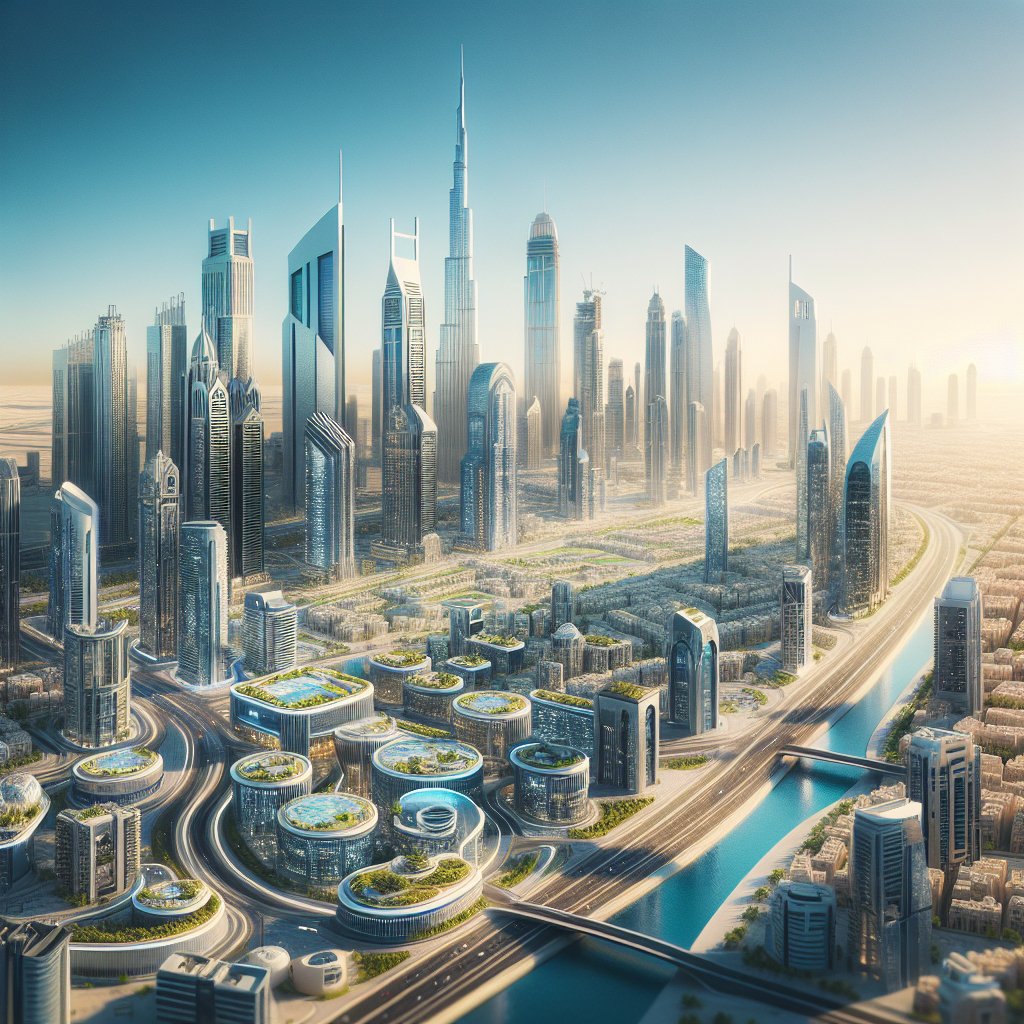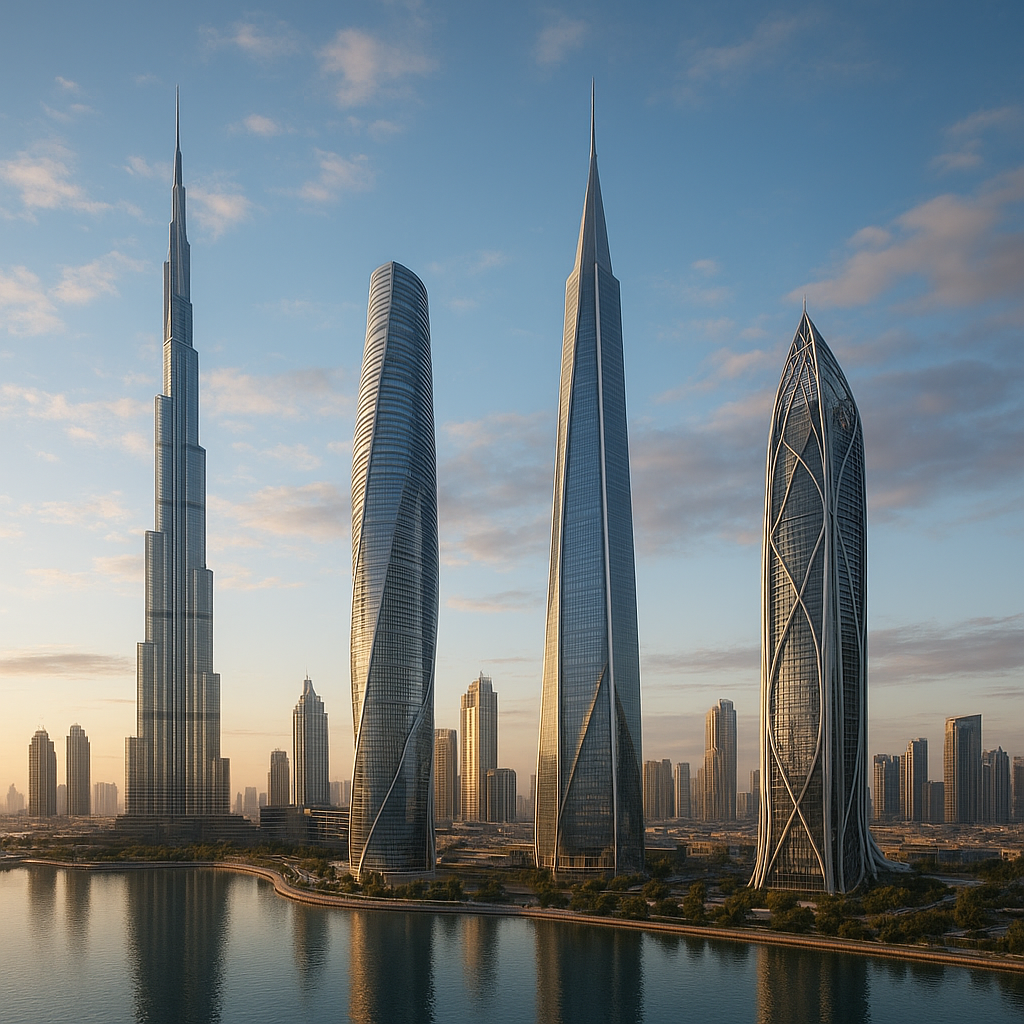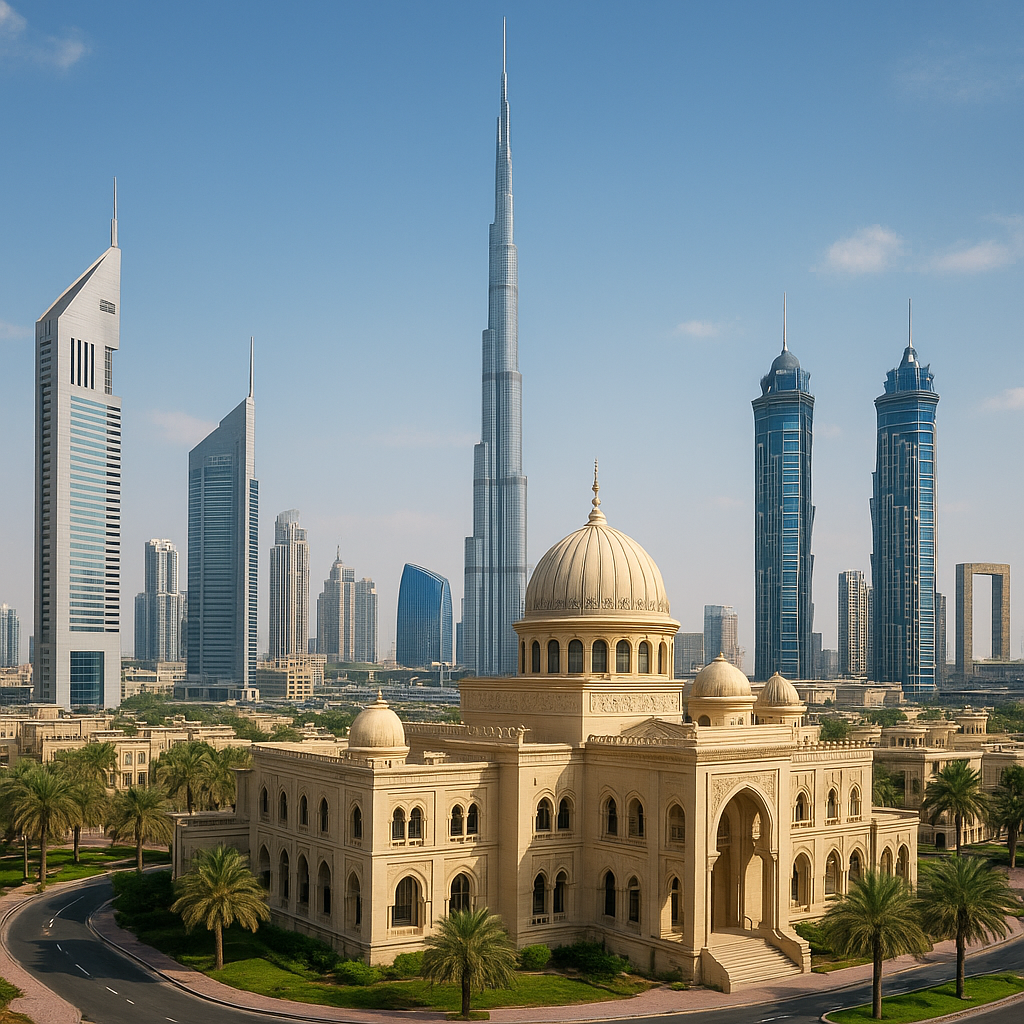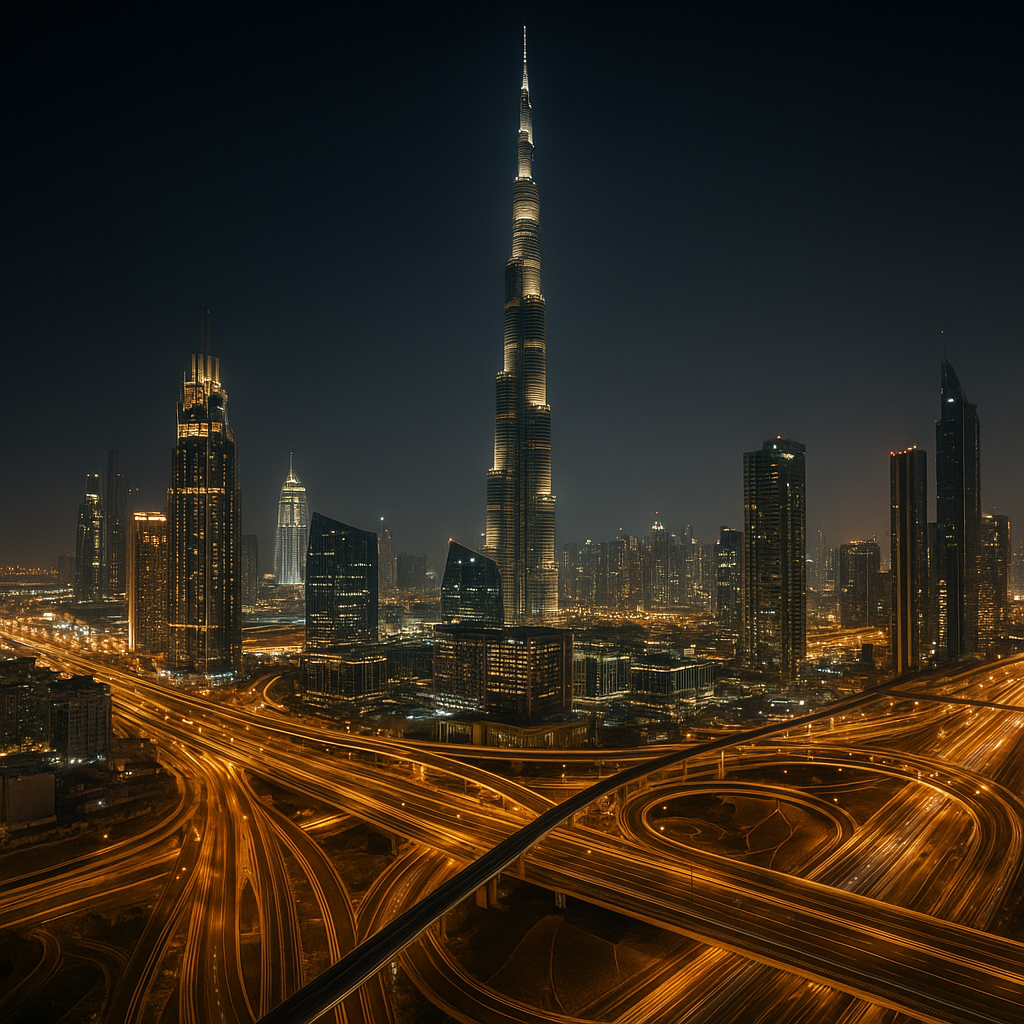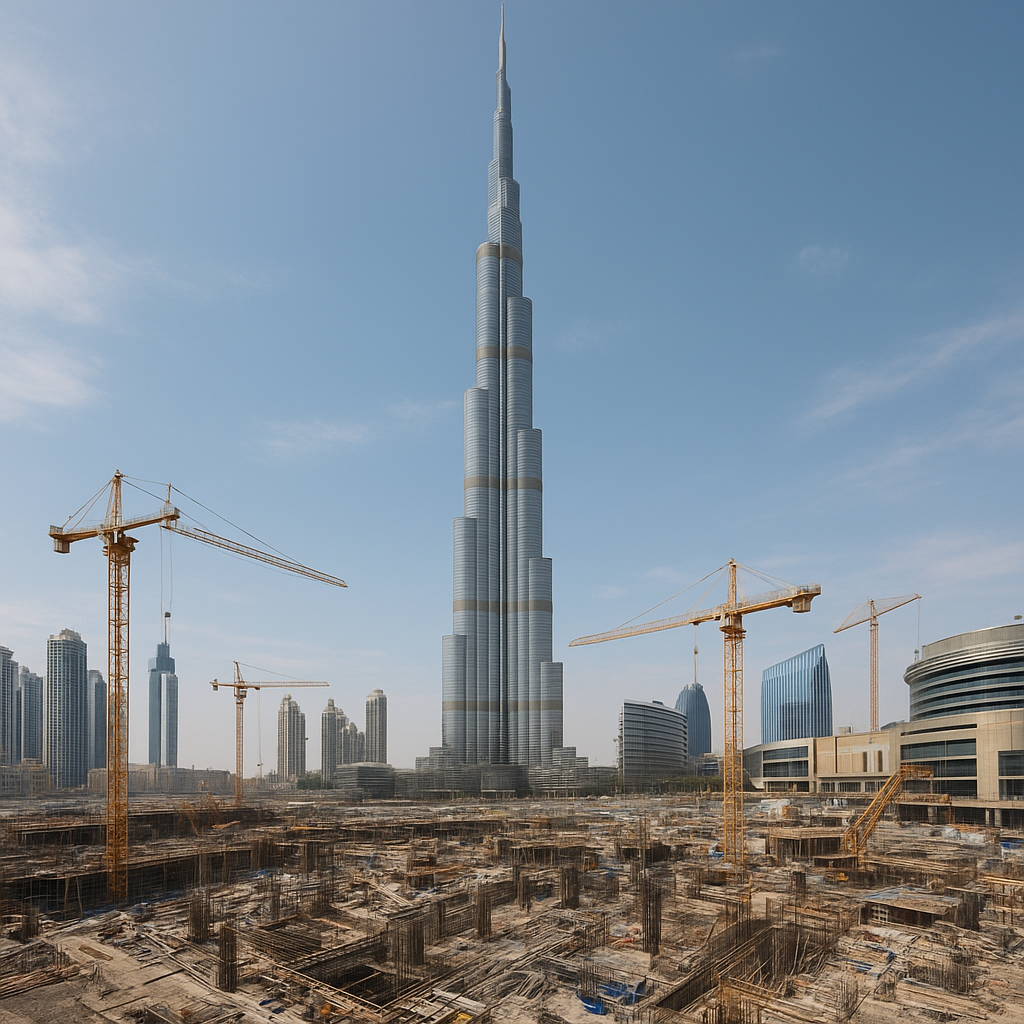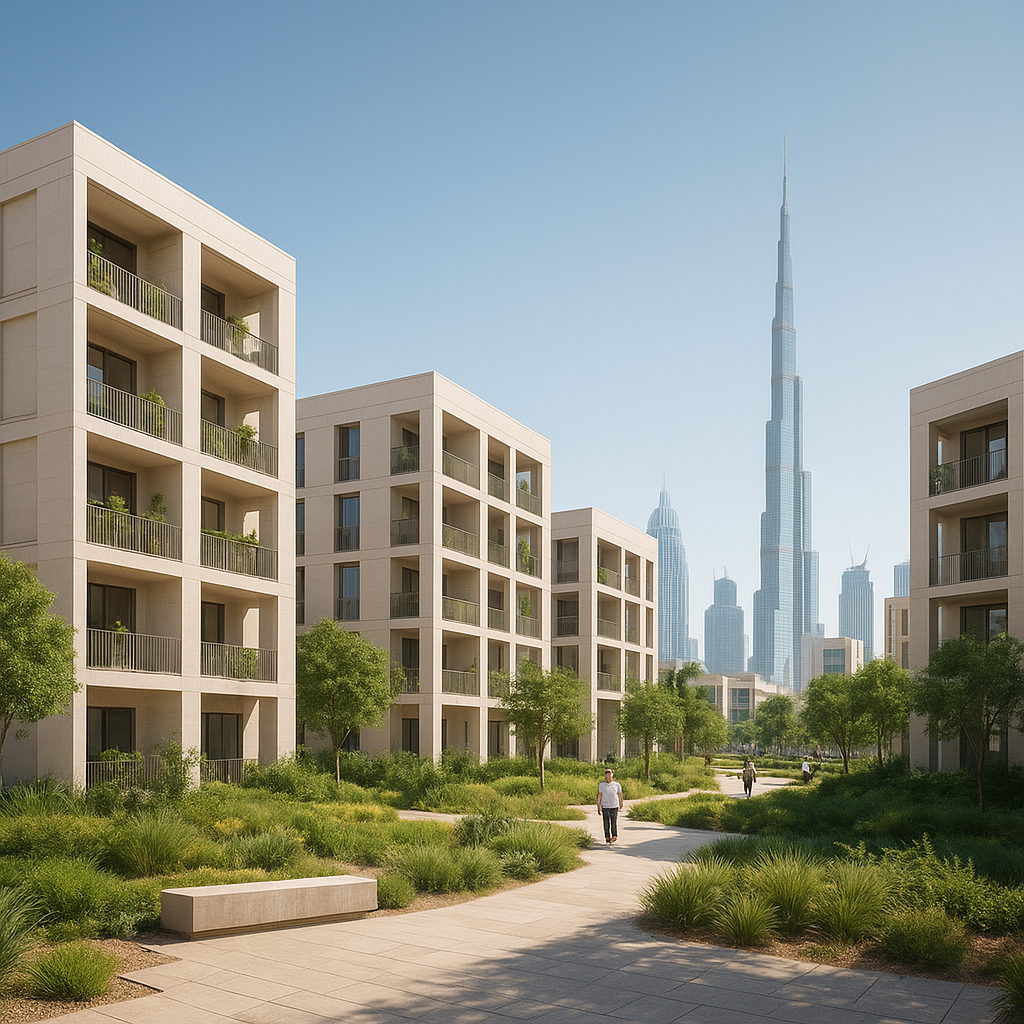Dubai’s Smart City Initiative is a groundbreaking project that aims to transform the city into one of the most technologically advanced urban areas in the world. This ambitious plan leverages cutting-edge technology to enhance the quality of life for its residents, improve the efficiency of city services, and create a sustainable environment. In this article, we will explore how technology is shaping urban development in Dubai, focusing on the role of smart infrastructure, transportation, and governance.
Smart Infrastructure: Building the Foundation for a Futuristic City
At the heart of Dubai’s Smart City Initiative is the development of smart infrastructure, which serves as the backbone for all other technological advancements. This includes the integration of Internet of Things (IoT) devices, advanced data analytics, and artificial intelligence (AI) to create a connected urban environment. The city’s infrastructure is designed to be responsive, efficient, and sustainable, ensuring that resources are used optimally and that residents enjoy a high quality of life.
One of the key components of Dubai’s smart infrastructure is its energy management system. The city has invested heavily in renewable energy sources, such as solar power, to reduce its carbon footprint and ensure a sustainable future. Smart grids have been implemented to monitor and manage energy consumption in real-time, allowing for more efficient distribution and reducing waste. Additionally, buildings in Dubai are being equipped with smart meters and sensors to track energy usage and optimize performance.
Water management is another critical aspect of Dubai’s smart infrastructure. The city has implemented advanced water monitoring systems to detect leaks, manage consumption, and ensure the efficient use of this precious resource. Smart irrigation systems have also been introduced in public parks and gardens, using data from weather forecasts and soil moisture sensors to optimize water usage and maintain lush green spaces in the desert environment.
Revolutionizing Transportation: The Future of Mobility in Dubai
Transportation is a major focus of Dubai’s Smart City Initiative, with the goal of creating a seamless, efficient, and sustainable mobility network. The city is investing in a range of innovative transportation solutions, from autonomous vehicles to smart public transit systems, to reduce congestion and improve the overall travel experience for residents and visitors alike.
One of the most exciting developments in Dubai’s transportation sector is the introduction of autonomous vehicles. The city has been testing self-driving cars and buses, with plans to integrate them into the public transportation system in the near future. These vehicles are equipped with advanced sensors and AI technology, allowing them to navigate the city’s streets safely and efficiently. The use of autonomous vehicles is expected to reduce traffic congestion, lower emissions, and provide a more convenient travel option for residents.
In addition to autonomous vehicles, Dubai is also investing in smart public transit systems. The city’s metro and bus networks are being upgraded with real-time tracking and data analytics capabilities, allowing for more efficient scheduling and route optimization. Passengers can access up-to-date information on transit schedules and delays through mobile apps, making it easier to plan their journeys and reducing wait times at stations.
Furthermore, Dubai is exploring the potential of aerial transportation, with projects like the Dubai Sky Pod and the Hyperloop. These futuristic transportation solutions aim to provide ultra-fast, efficient travel options that connect different parts of the city and beyond. The Hyperloop, for example, promises to transport passengers between Dubai and Abu Dhabi in just 12 minutes, revolutionizing intercity travel in the region.
Smart Governance: Enhancing City Management and Citizen Engagement
Smart governance is a crucial element of Dubai’s Smart City Initiative, focusing on the use of technology to improve city management and enhance citizen engagement. The city is leveraging digital platforms and data analytics to streamline government services, increase transparency, and foster a more participatory approach to urban development.
One of the key components of smart governance in Dubai is the implementation of e-government services. Residents can access a wide range of government services online, from paying utility bills to applying for permits, reducing the need for in-person visits and making the process more convenient and efficient. The city has also introduced blockchain technology to enhance the security and transparency of government transactions, ensuring that data is protected and that processes are tamper-proof.
Data analytics plays a significant role in smart governance, allowing city officials to make informed decisions based on real-time information. By analyzing data from various sources, such as IoT devices and social media, the city can identify trends, monitor the performance of public services, and address issues proactively. This data-driven approach enables more effective resource allocation and helps to improve the overall quality of life for residents.
Citizen engagement is another important aspect of smart governance in Dubai. The city has launched several initiatives to encourage residents to participate in the decision-making process and provide feedback on city services. Digital platforms, such as mobile apps and social media, are used to facilitate communication between the government and citizens, allowing for a more collaborative approach to urban development. This increased level of engagement helps to ensure that the city’s development aligns with the needs and preferences of its residents.
Conclusion: The Future of Urban Development in Dubai
Dubai’s Smart City Initiative is a testament to the city’s commitment to innovation and sustainability. By leveraging cutting-edge technology, Dubai is transforming its urban landscape, creating a more connected, efficient, and livable environment for its residents. The city’s focus on smart infrastructure, transportation, and governance is setting a new standard for urban development, serving as a model for other cities around the world.
As Dubai continues to implement its Smart City Initiative, the city is poised to become a global leader in urban innovation. The integration of technology into every aspect of city life is not only enhancing the quality of life for residents but also attracting businesses and tourists from around the world. With its ambitious vision and commitment to progress, Dubai is paving the way for a smarter, more sustainable future.
